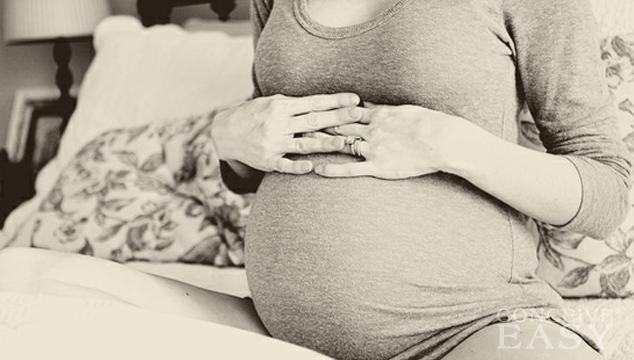Polycystic ovarian syndrome is an endocrine disorder which consists of anovulation, in other words lack of ovulation. Anovulation is a malfunction of the female reproductive system in which the eggs are not developed properly or are not released from the ovaries into the fallopian tubes. PCOS and pregnancy are strongly related, as ovulation is the most important factor in conceiving. Ovulatory disorders are the main cause for female infertility. Here are the 6 main things you should know about pregnancy and PCOS. Claim Your 20 Free Pregnancy Tests – Click Here

First of all, becoming pregnant if suffering from PCOS is possible. However, it may be very difficult and exhausting.

There are certain treatments that can increase the chances of conceiving. These treatments include medication that induces your periods, such as Provera, but, also medication that stimulates ovulation, such as Clomid and Metformin. If results do not appear after 3 cycles of medication, the doctor usually recommends a higher and stronger dose.

A PCOS patient that has managed to get pregnant is more prone to developing conditions such as preeclampsia, hypertension, blood clotting and diabetes. However, with constant check-ups and proper care, these issues can be managed or even avoided.

Statistics say that pregnant women with PCOS have a 45% chance of miscarriage. This may sound overwhelming, but you should not lose hope. You just need to be extra careful and follow your doctor’s advice to the letter, and your chances of holding a beautiful, healthy baby in your arms will significantly increase.

Many women that suffer from the polycystic ovary syndrome are overweight. Losing the excess pounds will highly up the odds of conceiving, as it will help with the hormonal imbalances, and it will also significantly increase the chances of carrying your pregnancy to term.

When it comes to PCOS and pregnancy, it is very important to have an open dialogue with your doctor. You should never take PCOS medication or supplements without asking for your doctor’s opinion, as some may be harmful for pregnant women, while others can lead to multiple pregnancies. Without a full understanding of your condition and your progress, you can be facing a lot of risks.










Comments